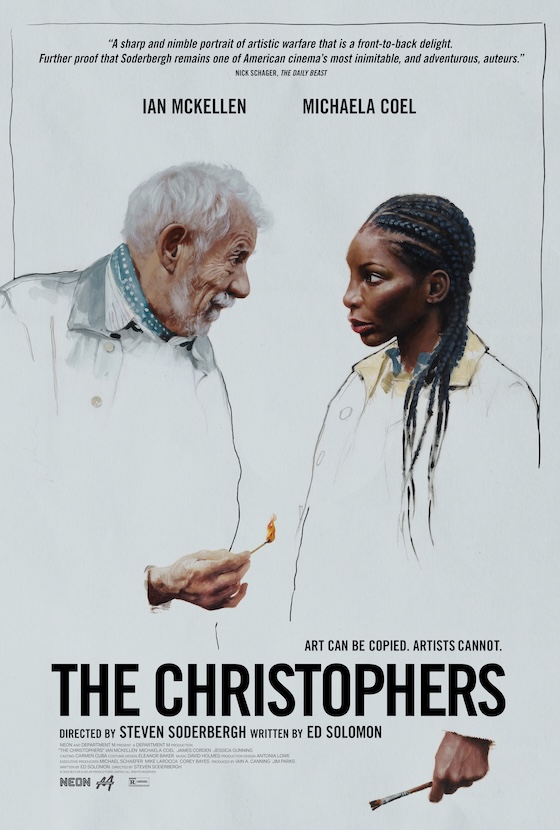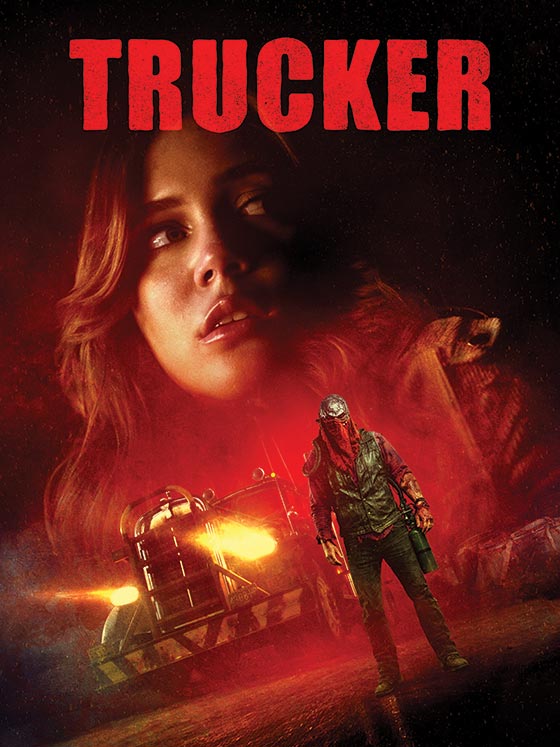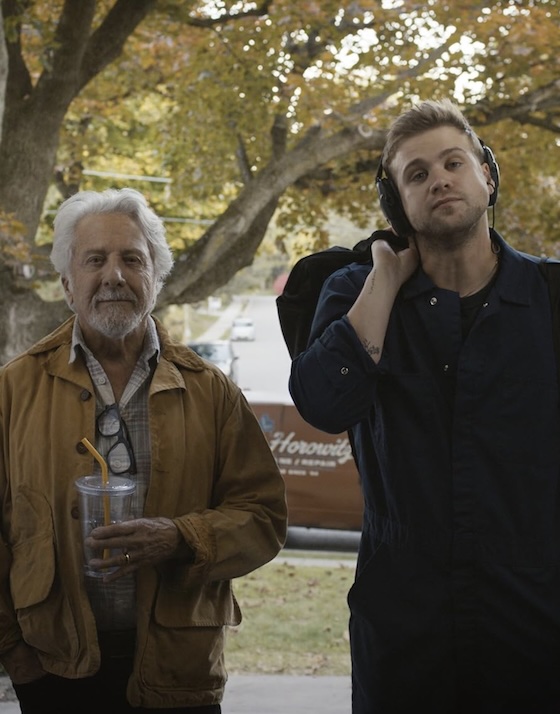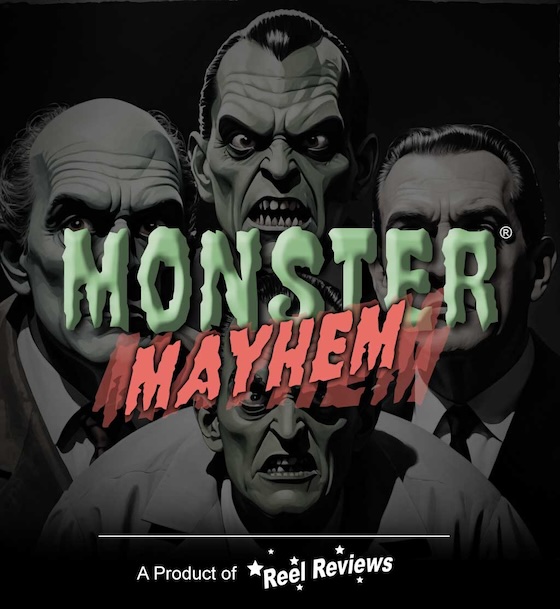{googleAds}
<div style="float:left">
<script type="text/javascript"><!--
google_ad_client = "pub-9764823118029583";
/* 125x125, created 12/10/07 */
google_ad_slot = "8167036710";
google_ad_width = 125;
google_ad_height = 125;
//-->
</script>
<script type="text/javascript"
src="http://pagead2.googlesyndication.com/pagead/show_ads.js">
</script></div>{/googleAds}The Wind That Shakes the Barley borrows its name from an Irish tune that lilts and flirts as easily as it deceives. The song may sound lovely, but is a sad tale. Such is the case with Ken Loach's film about two brothers who are bonded in blood then torn apart by peace--a clear indication that neither peace nor lack of it will ever diminish the effects of passion and ideals pitted against iron will and blind patriotism.
Featuring an all-Irish cast, including the delectable Cillian Murphy as Damien O'Donovan, the film is a sympathetic look at the 1920's Irish Republican Army rebels fighting for their independence from the British. Two brothers, Damien and Teddy (Padraic Delaney) are caught on two sides of the bloody conflict. Damien is a studious doctor, handsome, but not particularly interested in joining Teddy with the rest of the rebels. Teddy is himself a guerrilla fighter and leader amongst the local lads. When Damien is faced with the awful brutality of the British Black and Tans, he turns his back on his medical career and joins the resistance squad.
Eventually, the British and Irish Parliament leaders sign a truce, resulting in the Irish Free State. This truce divides the fighters into two camps--those who believe peace is the only way to true independence, and those who believe the truce to be a violation and revocation of everything they had fought for. The two brothers discover their own beliefs have become distinct and must part ways, only to discover that just as war had brought them together, the peace they had fought for only makes them reluctant enemies.
Loach's film is a testament of restraint and measured care. As a Brit, Loach is understandably cautious in reveling in the almost genocidal hatred displayed by the Black and Tan squads as they harass and terrorize the local Irish populace. But he displays the awful violence and stunning methodologies of war with a minimum of fanfare, neither celebrating nor denigrating. Indeed, Loach approaches the film with an almost documentarian style, keeping well back from his subjects, often letting scenes run long. While the Irish countryside and cities are noticeably picturesque, Loach does not indulge or obsess over the images, using them only as counterpoint to the violence enacted on all sides of the conflict.
Most interesting is the nearly unaffected performances in the film. Many times actors stuttered and stumbled in their lines, not so much as genuine mistakes as passion applied so strongly to role that a few times, as in real life, words tripped out as errors, as un-manufactured emotion. Loach leaves several of these moments in, and the effect is to draw the viewer further in.
Murphy is exceptional as the determined Damien, and carries the film for much of the way. He is ably helped by wonderful performances by Orla Fitzgerald who is Damien's friend and lover Sinead. A scene in which she is brutalized by Black and Tans as the rebels look on, ammunition-less and powerless to stop the troops from burning the farmhouse, is as disturbing in its voyeuristic approach as it is cinematically arresting. We can't look away, yet we are given no respite from the violence.
In the end, the characters become subservient to the overall sense of helplessness at the vagaries of politics and war, the sense of idealism brought to the brink, and the tragedies of violence amongst brothers and friends. It is a difficult film to watch, but most indelibly, is worthy and honest.
DVD Details:
{pgomakase}



































